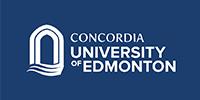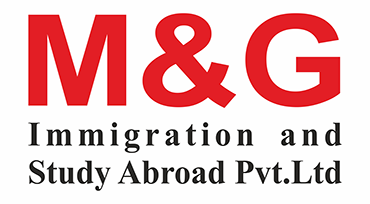Two types of professionals are allowed to represent people before the immigration authorities:
- Licensed lawyers
- Licensed immigration consultants.
Lawyers are licensed by provincial law societies, which are private organizations mandated by the government to regulate the legal profession. Each province has their own separate provincial lawyer regulating body. In Ontario, the Law Society of Upper Canada licenses and regulates lawyers.
Immigration consultants are regulated by a national organization called the Immigration Consultants of Canada Regulatory Council (ICCRC). This is a private organization mandated by the government to regulate immigration consultants.
Both lawyers and consultants are therefore licensed and regulated by governing bodies that are in turn authorized by the government, either provincially or federally. The main difference between lawyers and consultants is educational. Lawyers have to complete a rigorous three-year law degree and a period of articling with a law firm before they may obtain a license. Prior to obtaining a law degree, and as a prerequisite to entering law school, lawyers usually obtain an undergraduate university degree. Becoming a lawyer therefore usually entails an education of at least seven years in duration. In comparison, immigration consultants must complete a college program of approximately one year in duration with no prior requirements and no articling component. The result is that lawyers will generally be better educated and have a much better understanding of the law than immigration consultants.
Another major difference between lawyers and consultants is that only lawyers may appear before the Federal Court. Lawyers are barristers and as such have the authority to appear before the courts, whereas consultants do not. Generally speaking, when it comes to any type of immigration appeal or hearing, whether it is before the Federal Court or the Immigration and Refugee Board, lawyers are much better equipped to represent clients due to their more in-depth legal training.
As a word of caution, those seeking the assistance of an immigration professional to assist them with their case should take care to ensure that the person they retain is properly licensed and is in good standing with their regulatory body. This can be ascertained by visiting the website of the relevant licensing body, or by emailing them.






















































































